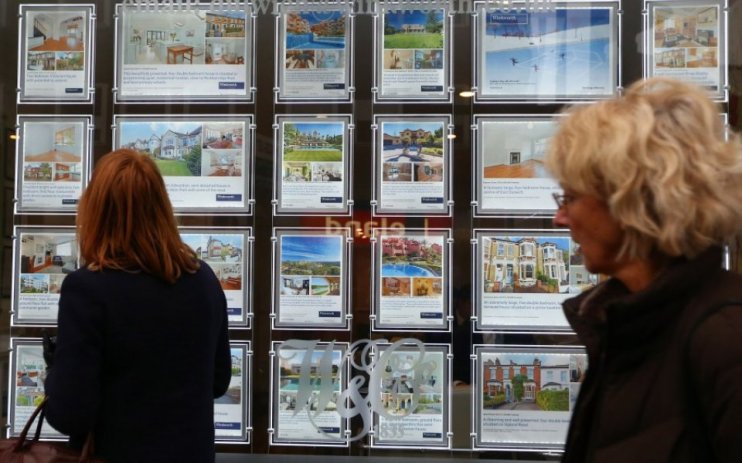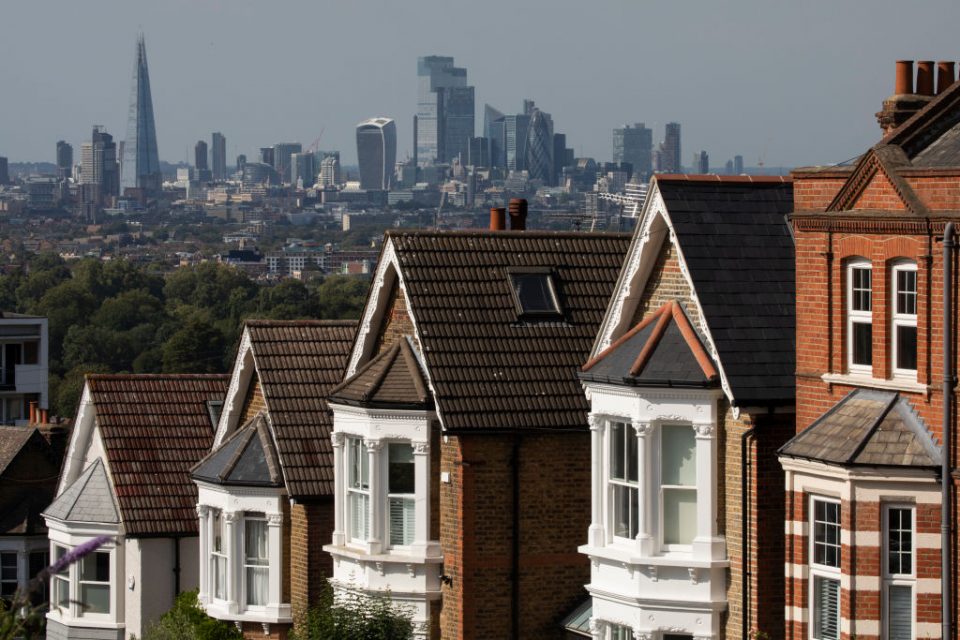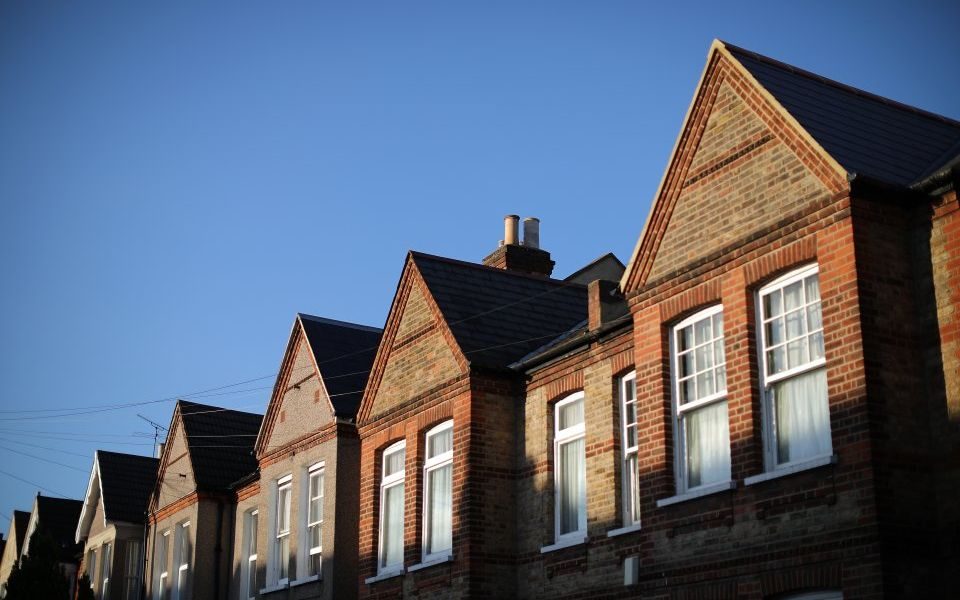Stamp duty holiday: Property experts split on benefits of tax break extension

The government is reportedly planning to extend the stamp duty holiday to June, with buyers set to save £1.75bn on 300,000 additional transactions, according to the latest research.
There are an estimated 628,000 sales in total still currently in the legal process across the country – including those agreed last year – data from Rightmove showed.
If the deadline is not extended beyond the current cut off point of 31 March the real estate platform estimated that 100,000 buyers who agreed a purchase last year could miss out on the savings.
However experts are split on whether the extension, first reported by the Times, is a good move.
‘Breathing room’

Lisa Fretwell, managing director of data services at Experian, said the extension “will provide some breathing room for people who are in the process of buying a home”.
“Extending the deadline will help ensure these people get their deals over the line and provide a welcome boost for the mortgage market,” she said.
Tom Bill, head of UK residential research at estate agent Knight Frank, said an extension is “inherently fair” as it “addresses the fact parts of the conveyancing system have become overwhelmed, which has jeopardised completion dates”.
More seasonality needed
However he said there will come a point when the stamp duty holiday “overstays its welcome”.
“A greater degree of seasonality needs to return to the housing market as lockdown restrictions are lifted in coming months,” Bill said.
“More normality means buyers and sellers pay attention to the calendar year not the tax year. Supply and demand also need to stabilise, which could be made harder by an ever-shifting tax landscape.”
Pressure on the system

However Matthew Cooper, the founder of house buying firm Yes Homebuyers, said the extension will put further pressure on the system and cause further delays.
“It seems fairly irresponsible to add further fuel to the flames with a deadline extension,” Cooper said.
“We know that a large proportion of transactions are in danger of falling through, bringing property values down with them,” he added.
“So reading between the lines, it certainly looks as though the government are taking a head in the sand approach to prolong the inevitable rather than extending a genuine helping hand to homebuyers.”
Scrap the tax
Meanwhile, Julian Jessop, an economics fellow at the Institute of Economic Affairs, said the tax should be scrapped altogether.
“Most economists agree that stamp duty is one of the worst taxes. It acts as a major deterrent for those wishing to downsize or move to more suitable housing. It also makes no sense that the tax paid on a property depends on how often it changes hands.
“It is high time for a fundamental review of how we tax property, with the aim of simplifying the system and allowing local authorities to keep a higher proportion of revenues raised in their area.”